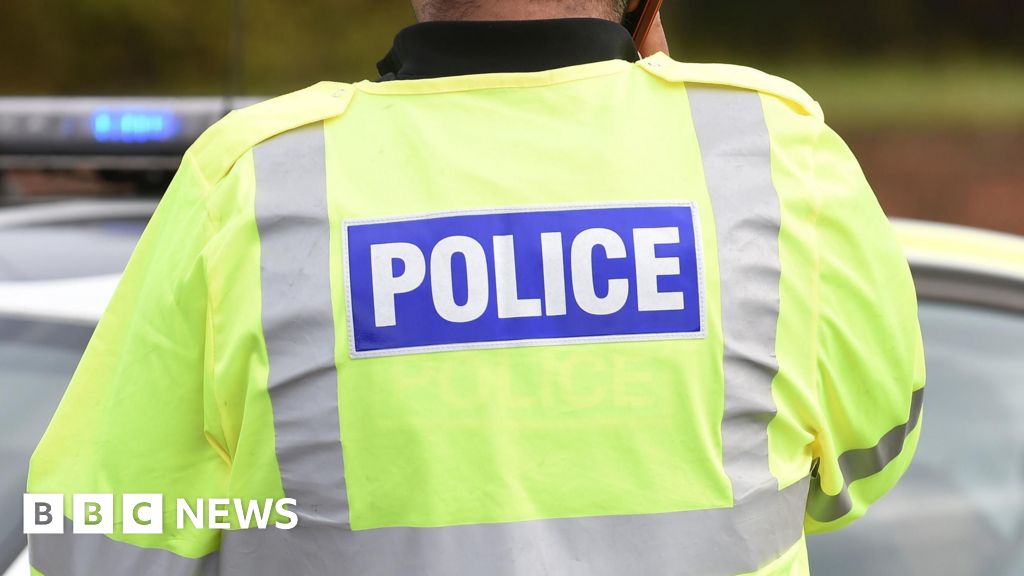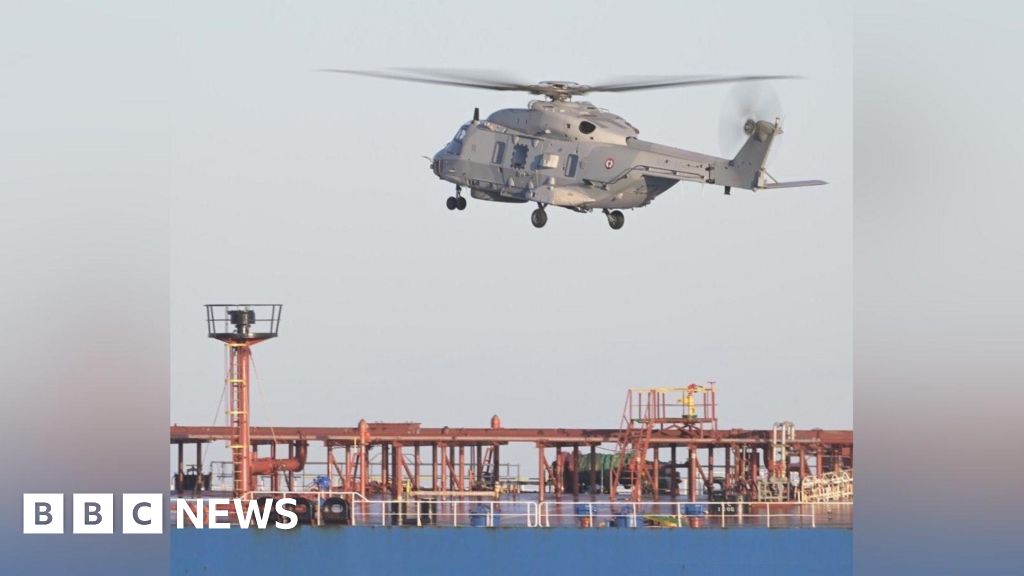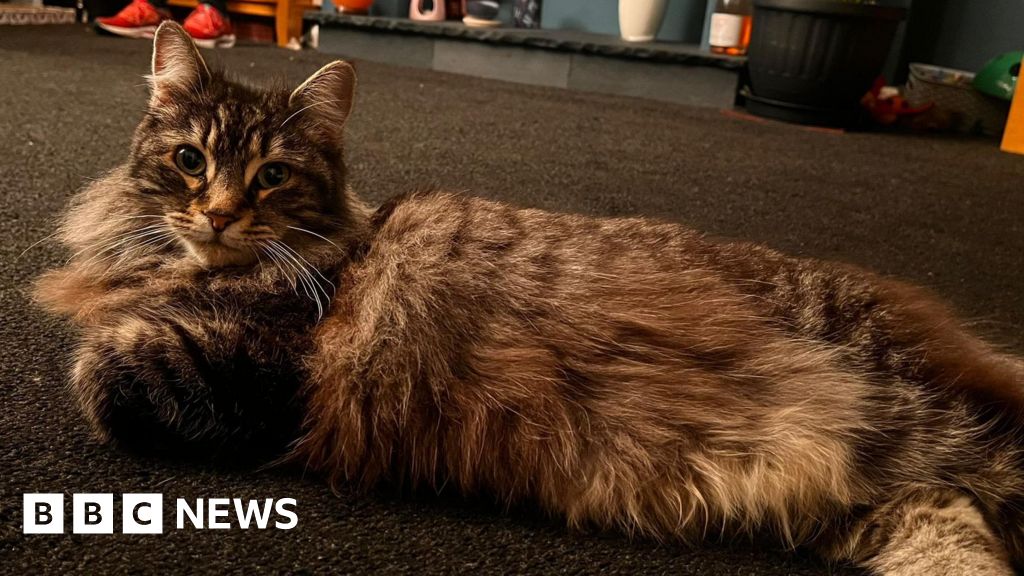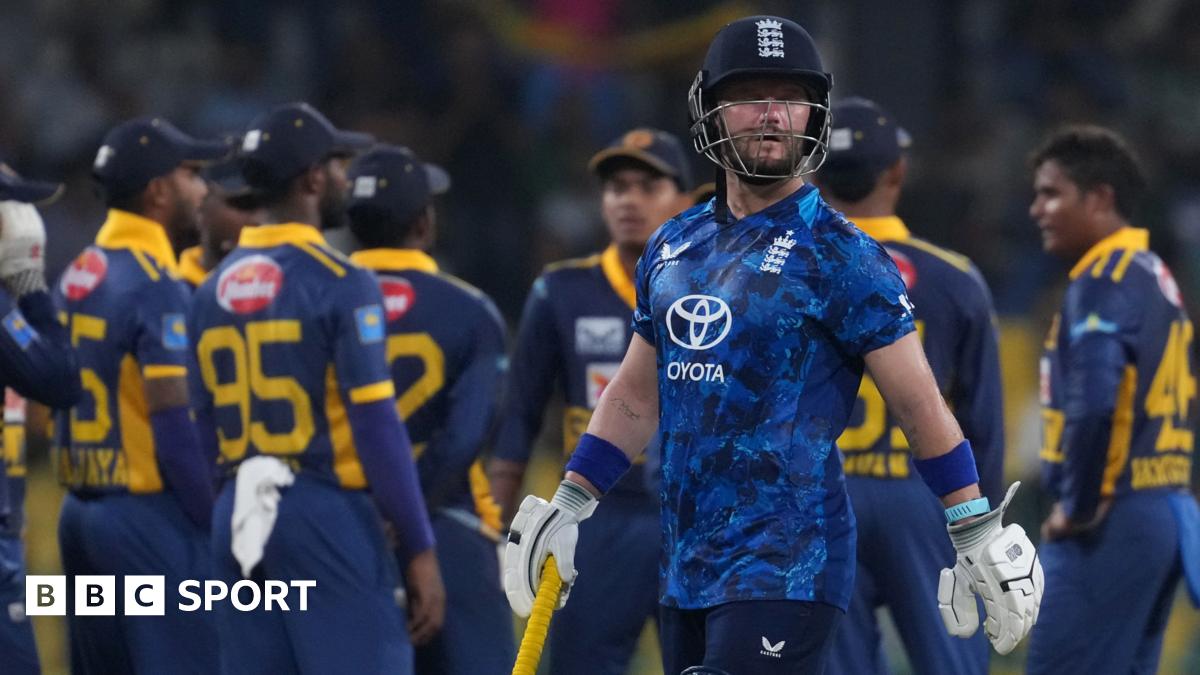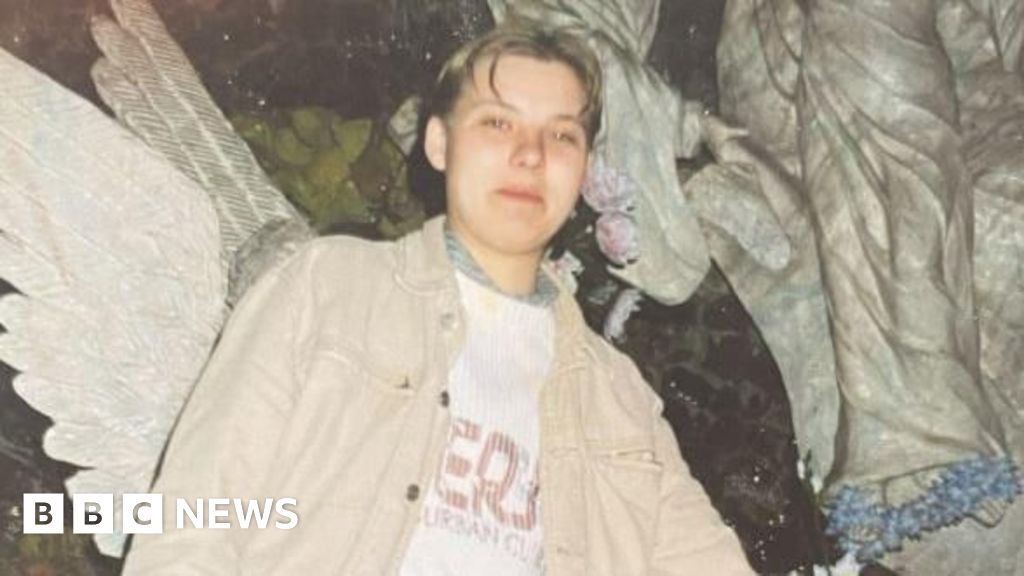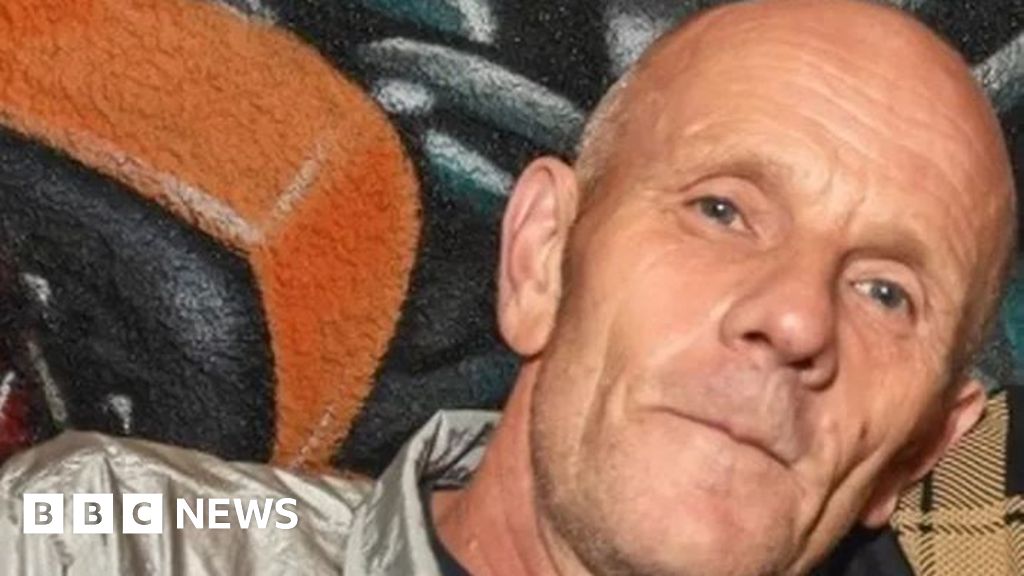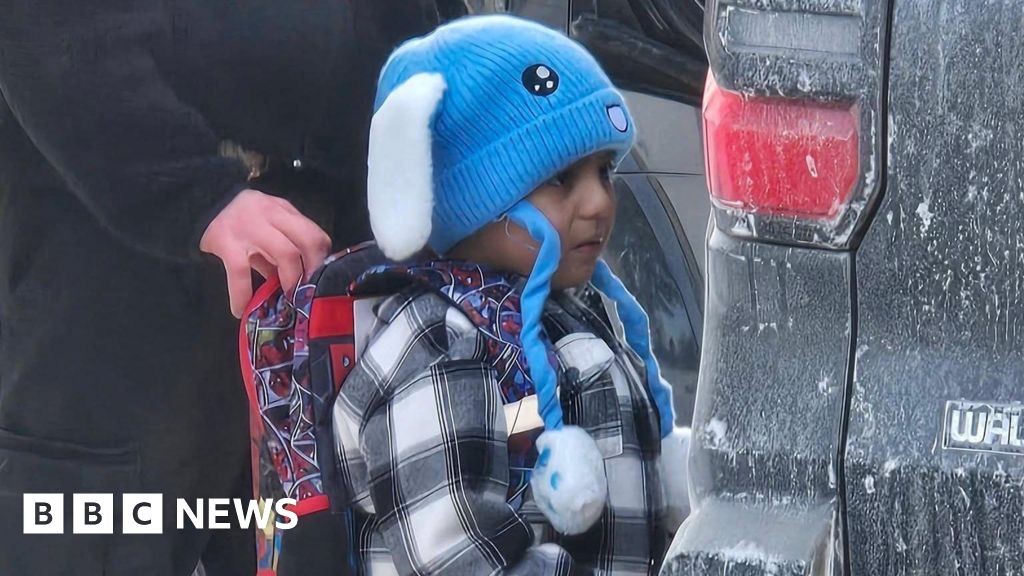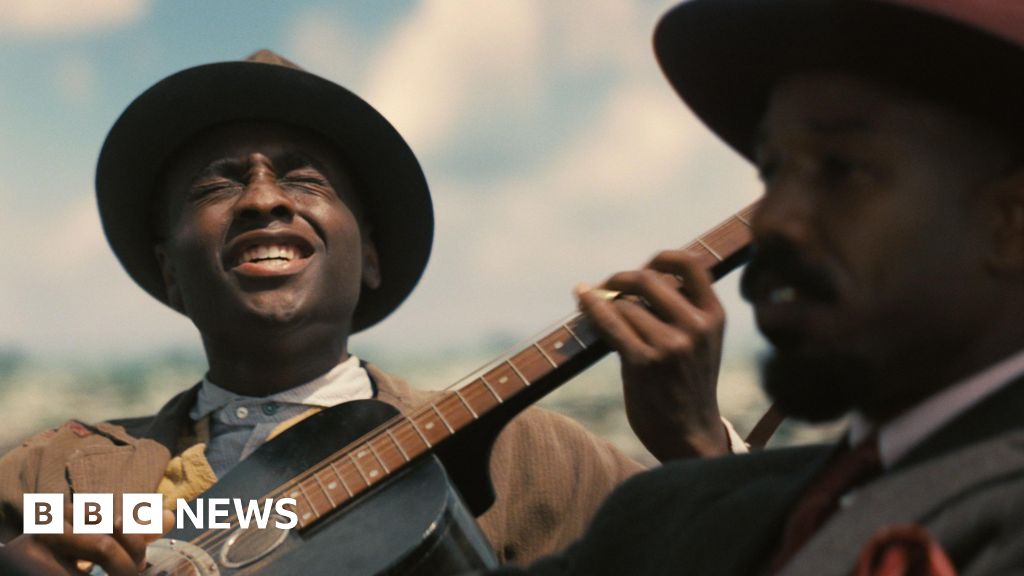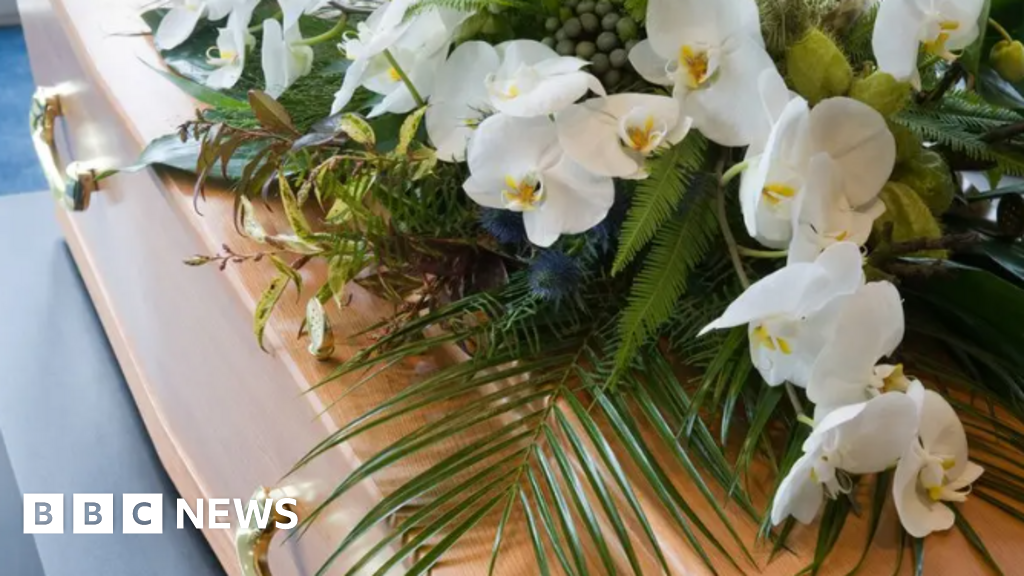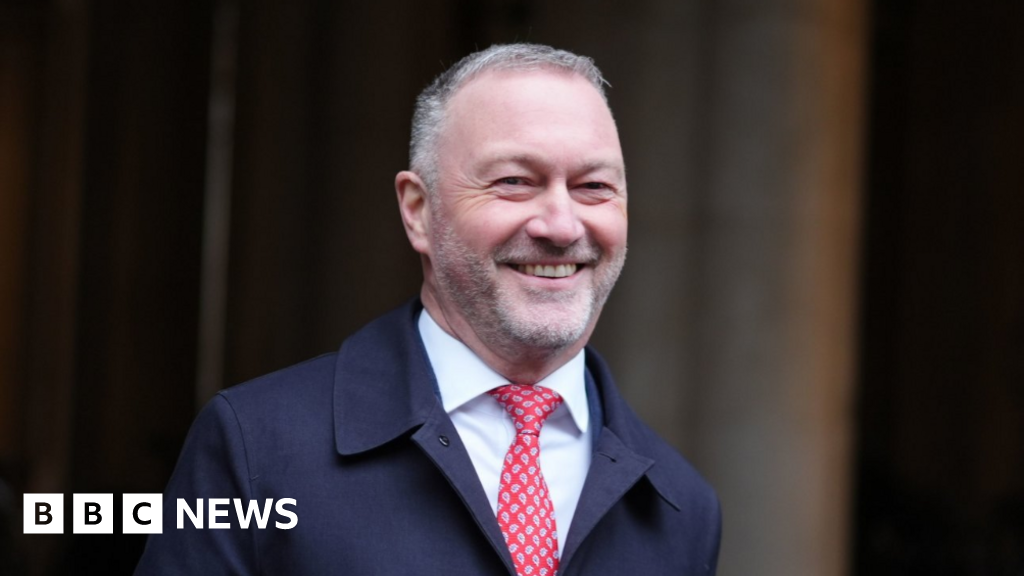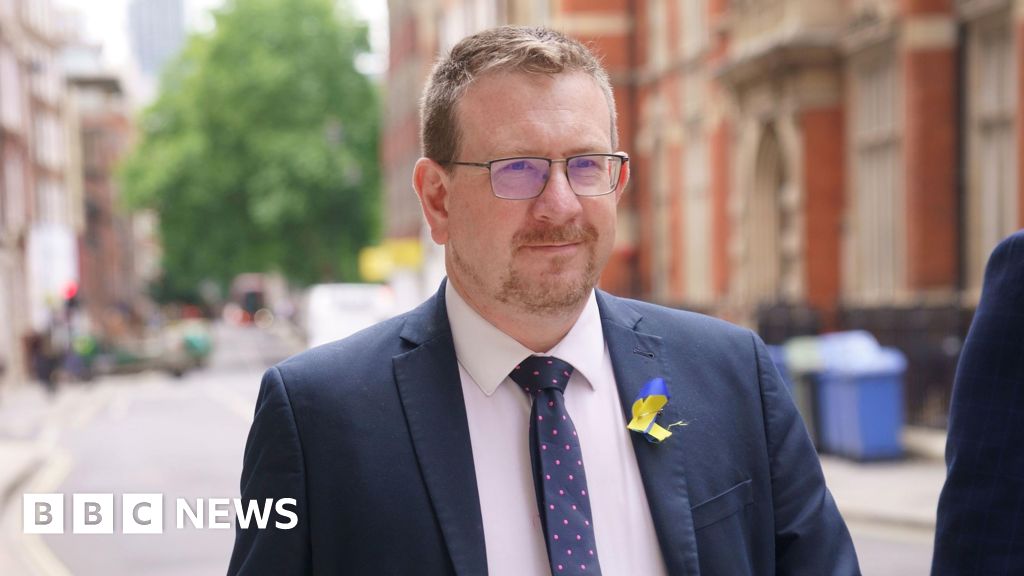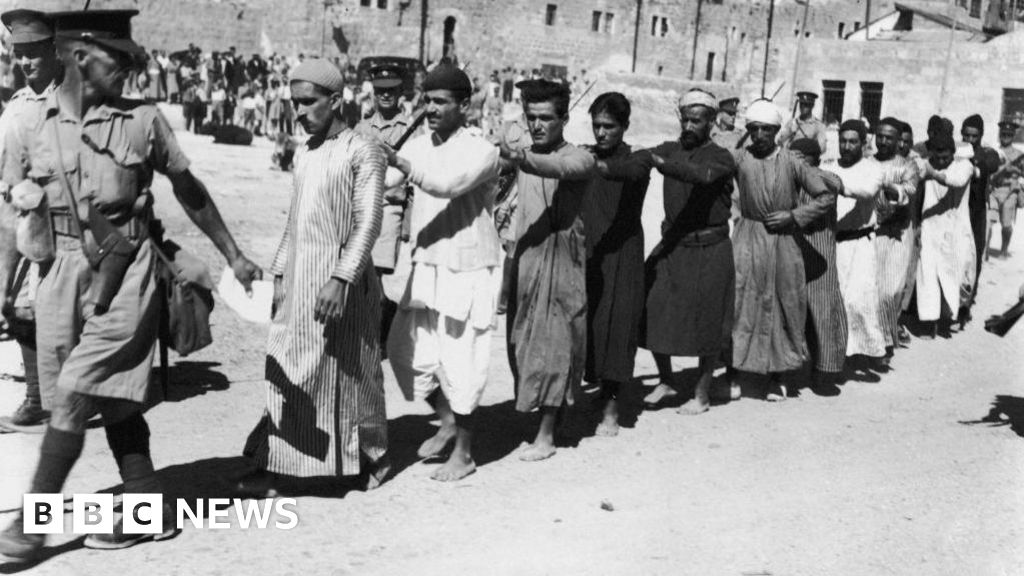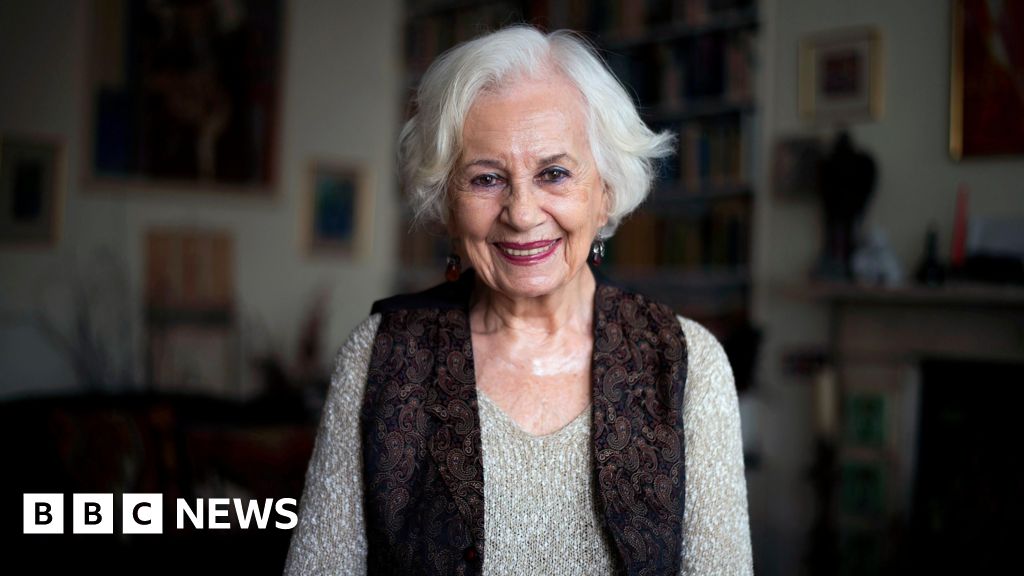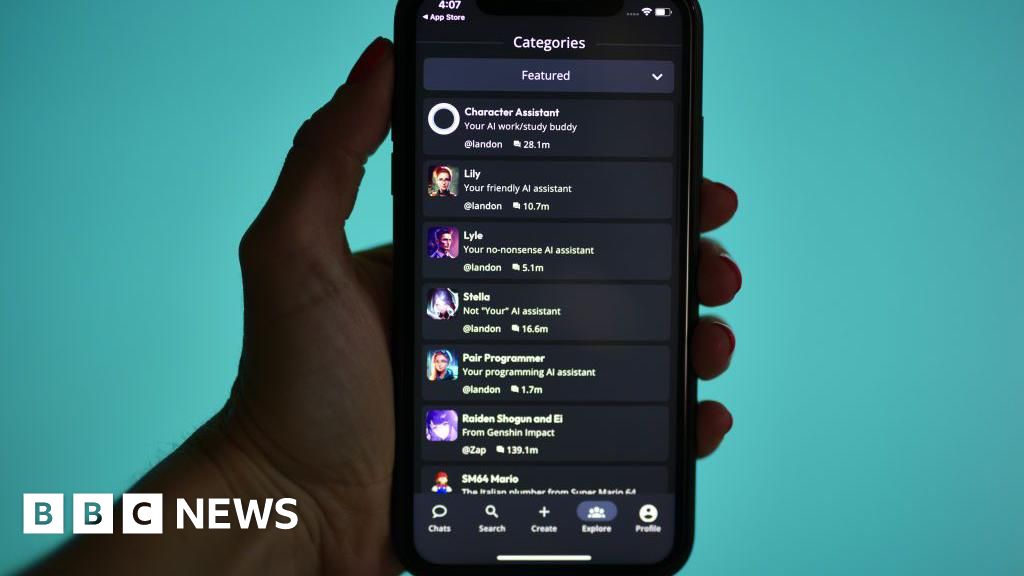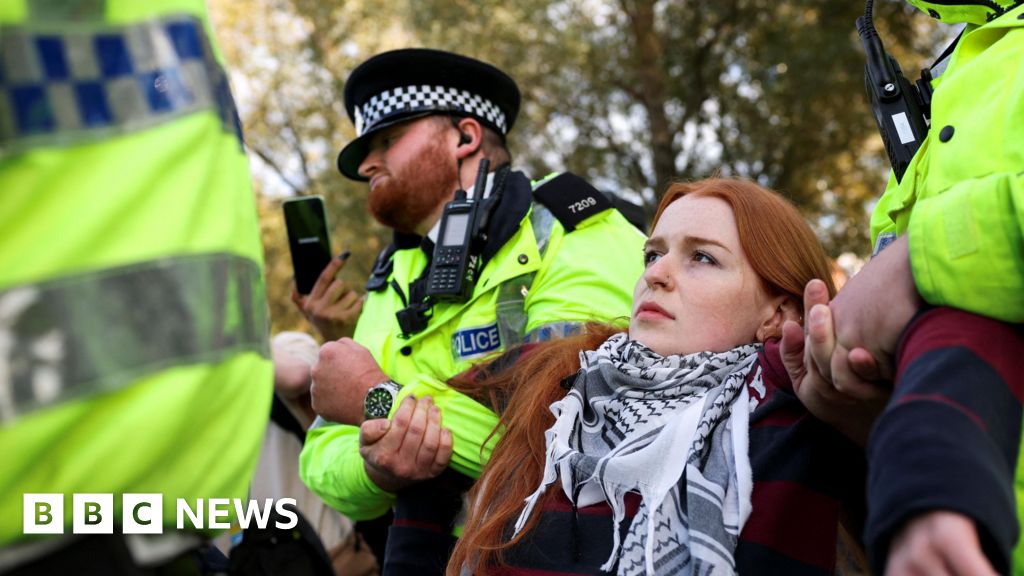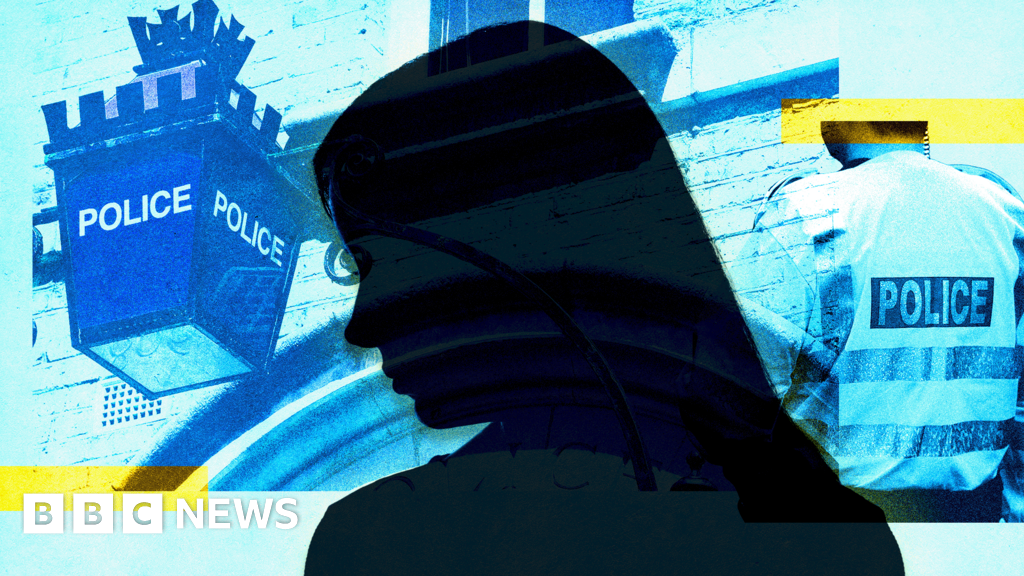Bushra Mohamed and Akisa Wandera,BBC Africa

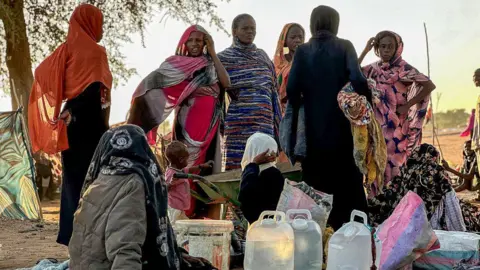 AFP via Getty Images
AFP via Getty Images
People are arriving in Tawila after having travelled on foot for three days
Twelve-year-old Abdiwahab - not his real name - sobs as he recounts what happened to him as he escaped from the western Sudanese city of el-Fasher.
The young boy left el-Fasher on Sunday as it fell to the paramilitary Rapid Support Forces (RSF), the paramilitary group that has been fighting a two-and-a-half-year civil war against the army.
In a video received by the BBC, his face reflects deep sorrow and fatigue, his voice low as he describes being assaulted "many times" by RSF fighters.
Fearing reprisal attacks from RSF fighters, Abdiwahab had joined a wave of people - including some of his family - trying to get out.
The UN estimates that 60,000 have managed to get out of el-Fasher with many narrating horrendous stories of atrocities, including rape.
After three days of walking Abdiwahab reached the relative safety of Tawila - an 80km (50-mile) journey - but he arrived on his own.
''I left the city with my father and siblings but because of the chaos we were separated, I came to Tawila alone," he says on the video.
He was assaulted on the way and accused of being involved in espionage.
"I walked along the road, and on the road, [the RSF] caught me, many times. They beat me and hit me, saying, 'this little boy is a spy'."
This chimes with other accounts of how men and boys are especially at risk as they face arbitrary arrest, violence and summary execution.
Abdiwahab says that RSF fighters had already taken his mother and one of his sisters about a month ago, and he does not know if they are still alive.
Ali, not his real name, who is now a volunteer aid worker after fleeing el-Fasher himself a fortnight ago, was the one who filmed Abdiwahab's account.
He is stationed at the entrance to Tawila where a temporary camp has been established and where new arrivals gather before being relocated to permanent camps inside the town.
In a voice note to the BBC explaining the context, Ali's words were almost drowned out by the noise and chaos at the camp.
"[Abdiwahab] keeps asking me about his parents. I decided to take him home until we found them," Ali says.
He noticed how the boy was traumatised, fearing that any light appearing at night was an RSF vehicle coming to get him.
"He saw a light in the distance and held me tight, screaming. He froze."

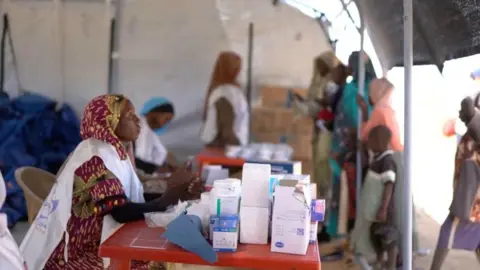 Reuters
Reuters
Aid agencies are overwhelmed by the number of people who need help
Ali says each new arrival to the camp carries a story of survival and despair.
There are many unaccompanied minors, including children who lost their parents on the road, coming in every day.
"Just yesterday, twin children around 10 years old arrived with a woman who said their parents had died on the way," the volunteer aid worker says.
"The situation is terrifying. People continue arriving with many conditions, some with injuries and malnutrition. Those who arrived are begging us to go and save the people on the road, because many are dying trying to come to Tawila," Ali says.
Survivors spoke of "passing dead bodies scattered along the road and hearing the cries of the wounded calling for help".
But even relief work has become deadly.
Ali says the organisations operating in Tawila are afraid to leave the town after five Red Crescent volunteers were killed in another state earlier this week.
"They are waiting for assurances and confirmation that the situation is safe," he says.
Many mothers arriving in Tawila are in desperate need of food, water and medical help, according to the charity Save the Children.
Some women reported being attacked by armed men on motorbikes and robbed as they fled.
"Women who managed to escape with their children as fighting raged made it to Tawila without food or water. They are now entirely dependent on already stretched humanitarian assistance," the aid agency said in a statement.
The UN's refugee agency has said it was struggling to find enough shelter and food for civilians seeking refuge in the town.
But not everyone is making it out of el-Fasher, where there have been reports of mass killings.
This week, RSF leader Gen Mohamed Hamdan Dagalo admitted to "violations" in the city and said they would be investigated. A senior UN official has said that the RSF had given notice that they had arrested some suspects.
Estimates vary as to how many civilians are still strapped in the city.
Save the Children puts it at more than 260,000 people, including an estimated 130,000 children, who have to contend with famine-like conditions, the collapse of health services and no safe route out.

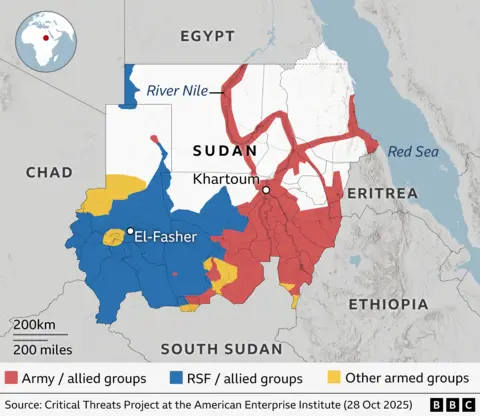
More BBC stories on the conflict:

 Getty Images/BBC
Getty Images/BBC

 2 months ago
60
2 months ago
60
